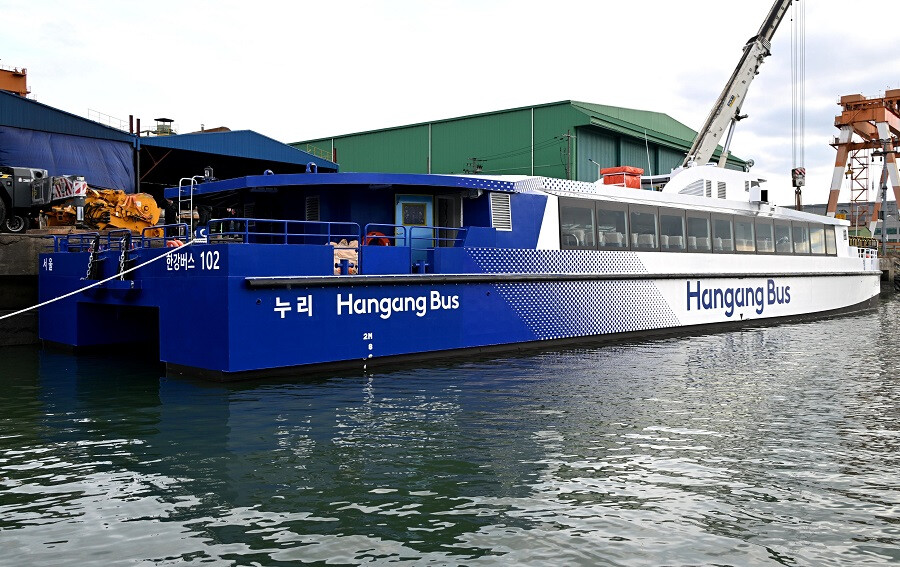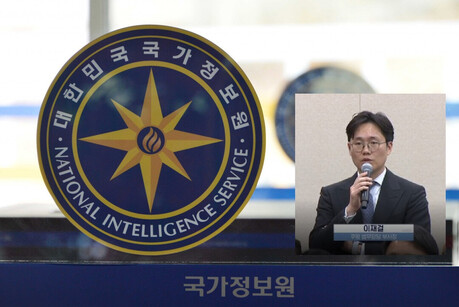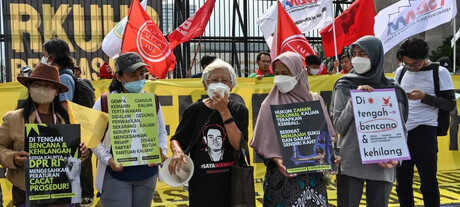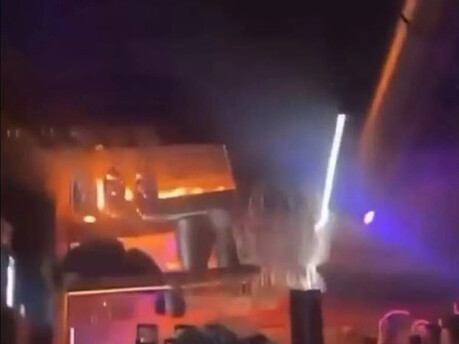
(C) Seoul Metropolitan Government
Seoul's ambitious Han River Bus transportation system is facing a severe crisis of confidence following another major operational failure. On the evening of November 15, 2025, a vessel carrying over 80 passengers became completely stranded after its hull ran aground on the shallow riverbed near the Jamsil Ferry Terminal in Songpa-gu.
The accident, which occurred around 8:30 PM, involved Line 102 of the river bus service. Although authorities quickly mobilized the Fire Department and the Han River Police to the scene, and all 82 passengers were safely rescued within an hour, the incident underscores mounting concerns over the service’s safety and operational stability.
This grounding is the latest in a series of setbacks. Internal reports have since confirmed a total of 16 accidents between March and October 2025—more than double the publicly admitted number. These incidents, which included collisions with buoys and dock structures, have largely been attributed to operator inexperience and difficulties navigating the river, challenging the city’s claims that the failures were minor and unrelated to vessel safety.
The project is also sinking under an enormous financial burden. The estimated cost has ballooned from an initial 54.2 billion KRW to over 150 billion KRW, with annual operating costs now projected at 20 billion KRW—nearly double the initial forecast. Furthermore, the service’s core value as a commuter option has been eroded, as promised travel times were significantly extended due to shallow water limitations on vessel speed. This renders the bus non-competitive with existing subway lines.
These persistent safety issues, combined with significant cost overruns and allegations of dubious contract processes during procurement, have amplified public outcry. Demands are growing for a comprehensive investigation into the Seoul Metropolitan Government's involvement and for a critical re-assessment of the entire Han River Bus venture, which critics fear is destined to become a second costly failure, much like the city’s previous water taxi project.
[Copyright (c) Global Economic Times. All Rights Reserved.]




























